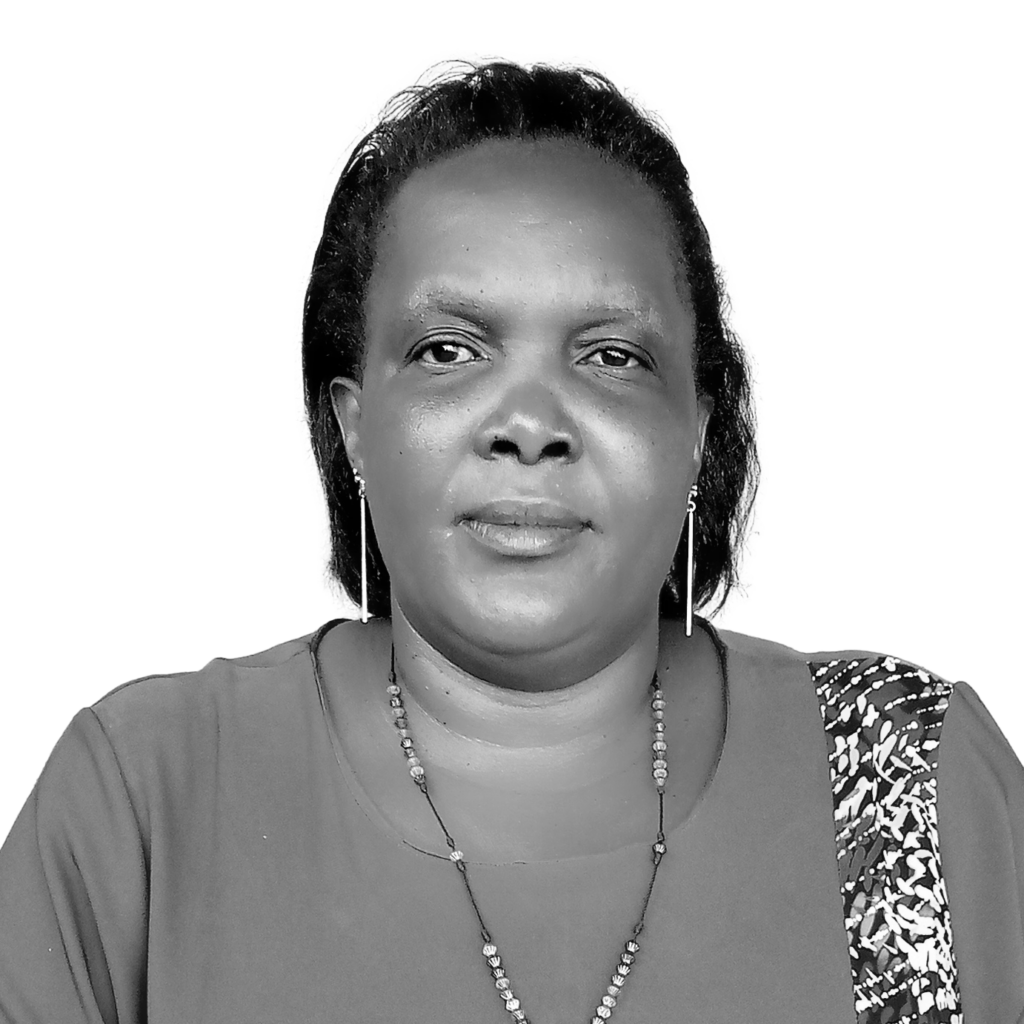Film
‘Nobody Will Be Giving Me Any Coin’
Ugandans with Disabilities Advocate for a More Inclusive Work Environment
Read our instructions on how to watch the video on Able Player.
DJP Fellow Christine Oliver Dhikusooka sets out to learn why only 1.3 percent of formally employed Ugandans are disabled – and to uncover possible solutions. She interviews Kose Fatuma, a mother with a physical disability who weaves fishing nets to support herself and her son, and Martha Mutesi, a Deaf schoolteacher who participated in a job training program that changed the course of her life. “The … challenges that people with a disability face when it comes to accessing for employment opportunities, one of them is the attitude,” says Kalule Rashid, chairperson of the Uganda National Association of Cerebral Palsy. “To them here, I’m a person with a disability. … My words or my information I’m sharing here is full of cerebral palsy.” While Uganda has ratified some of the most progressive disability laws and policies in the world, 80 percent of Ugandans with disabilities still live below the country’s poverty line.
Video edited by Desmond LaFave. Jody Santos contributed to this report.

Filmmaker: Christine Oliver Dhikusooka
Christine Oliver Dhikusooka is a 48-year-old Catholic Ugandan, married with four children. She is a woman with a physical disability resulting from polio at age four. She holds an accounting diploma from Makerere Perfect Accountancy Centre in Kampala. Dhikusooka is the executive director of One Voice Heard 4 Disability Uganda (OVH4DU), a disability rights activist for women with disabilities in Uganda, and a policymaker in local government, representing women with disabilities. She serves as treasurer of the Council for Persons with Disabilities in the Roman Catholic Diocese of Jinja.





